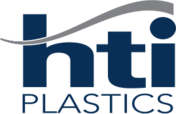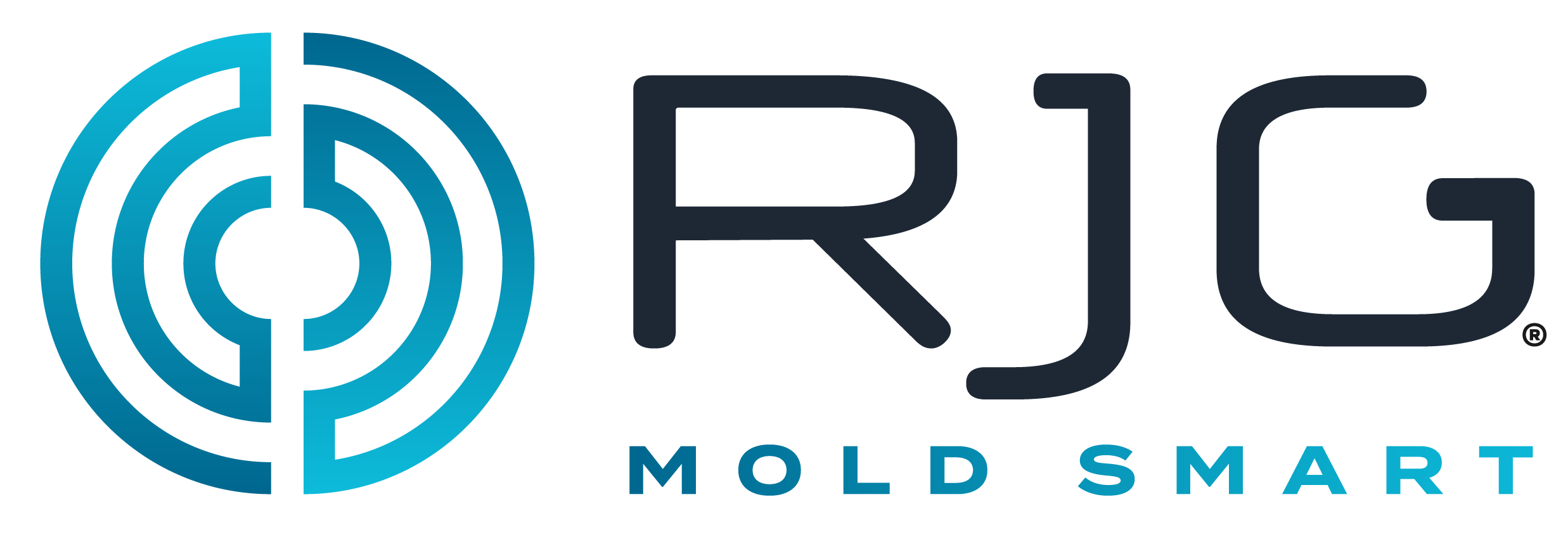Manufacturing Certifications HTI Plastics holds. Being certified/registered matters to companies like us.
- ISO 9001:2015 certified.
- ISO 13485:2016 certified.
- MDR Certified for CE and CA
- FDA compliance 21 CFR 820 registered facility.
- USDA approved and registered facility here at HTI Plastics.
- Compliant with Good Manufacturing Practices (cGMP).
- FFL (Federal Firearms License) registered.
- Corrective and Preventive Action (CAPA) system.
- Clean assembly environment for FDA/GMP product lines.
- Participate in annual food safety audit by NSF Cook and Thurber.
- HACCP (Hazard Analysis & Critical Control Points)
- ITAR (International Traffic in Arms Regulations)
HTI Plastics recently received our MDR certification enabling HTI Plastics to sell into the European marketplace. Gaining our certification against MDR 2017/745 allows HTI to continue to serve our customers on a global scale and support our customers as supply chains continue to become more global in nature. The MDR 2017/745 certification demonstrates the high level of regulatory competency and quality system maturity at HTI Plastics.
The MDR certification allows HTI Plastics to sell CE and CA devices in to the European and United Kingdom markets.
Achieving ISO quality management certifications is important for our manufacturing business in improved efficiency, productivity and customer satisfaction.
But the benefits of ISO manufacturing certifications go far beyond your operations to every aspect of the business, including sales and marketing, strategic planning and employee engagement.
ISO (International Organization for Standardization) is an independent, non-governmental organization that develops standards to ensure the quality, safety and efficiency of products, services and systems.
It requires you to set clear objectives for your business, standardize processes and explain them to your employees.
Consistent, transparent, targeted. ISO standards have a lot in common with the principles of better regulation.
Developed through the consensus of globally established experts, regulators and governments count on ISO standards to help develop better regulation.
ISO standards provide a strong basis that can be applied in the development of national and international regulation.
Not only do they help save time, they are essential tools for reducing barriers to international trade.
ISO was founded with the idea of answering a fundamental question: “what’s the best way of doing this?”
It started with the obvious things like weights and measures, and over the last 50 years has developed into a family of standards that cover everything from the shoes we stand in, to the Wi-Fi networks that connect us invisibly to each other.
Addressing all these and more, International Standards mean that consumers can have confidence that their products are safe, reliable and of good quality. ISO’s standards on road safety, toy safety and secure medical packaging are just a few of those that help make the world a safer place.
Regulators and governments count on ISO standards to help develop better regulation, knowing they have a sound basis thanks to the involvement of globally-established experts.
To find out more about how ISO’s 24668 standards touch almost all aspects of daily life, and work for businesses large and small, you can see standards in action. With International Standards on air, water and soil quality, on emissions of gases and radiation, and environmental aspects of products, they protect the health of the planet and people, beyond bringing economic benefits.
HTI Plastics, also serves the sporting goods industry and holds our FFL and ITAR registrations, allow HTI to serves this industry and fulfill all needs from our current customers, as well as prospective customers.



